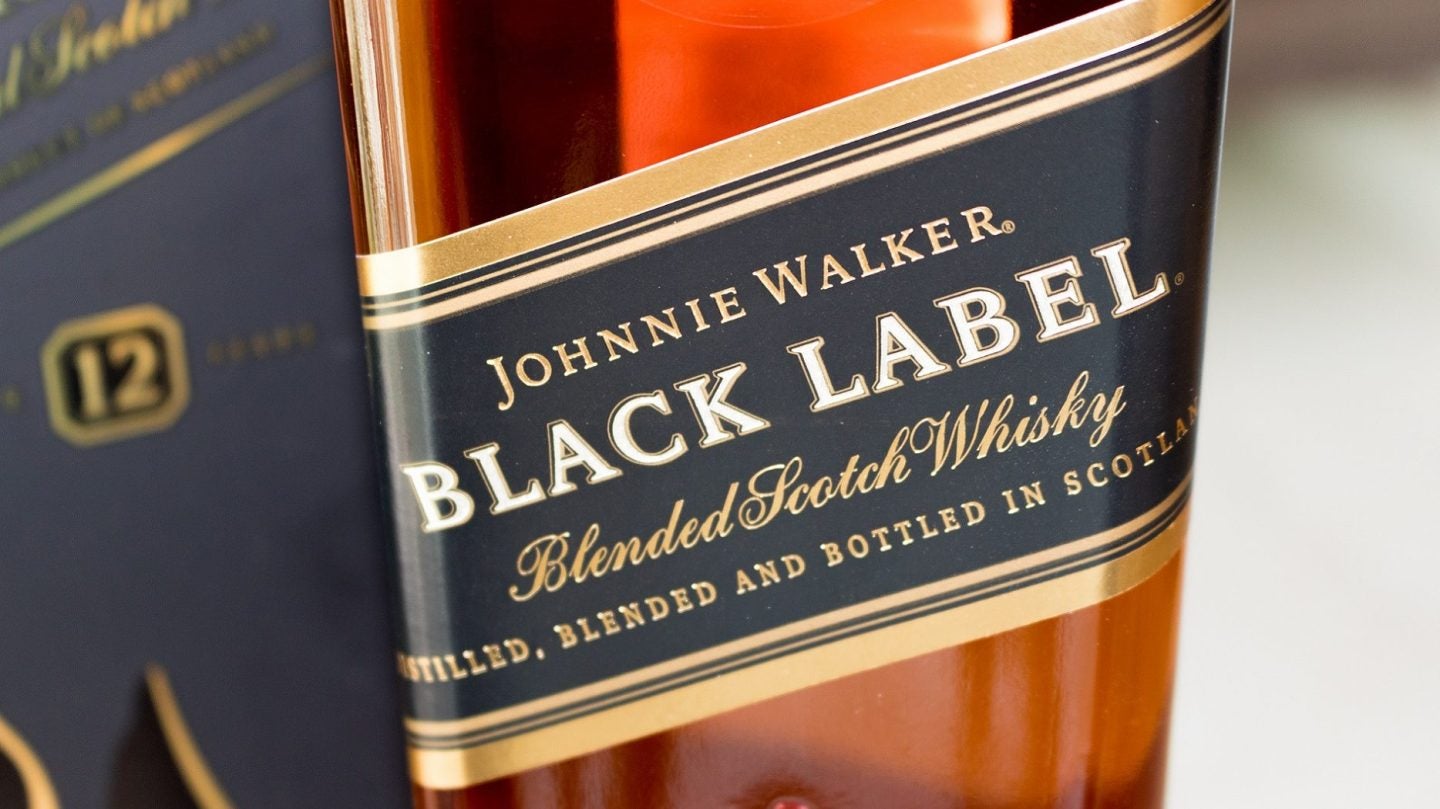
Diageo is investing in renewable energy at its Cameronbridge distillery in Scotland to reduce the site’s carbon emissions by “more than 90%”.
The facility in eastern Scotland, which Diageo says is one of the “largest” grain whisky sites in Europe, also produces Smirnoff vodka, as well as gin brands Gordon’s and Tanqueray.
The “multi-million-pound” project is expected to eliminate around 33,000 tonnes of CO2 emissions annually versus the distillery’s baseline emissions in 2020. Diageo declined to comment on the site’s current annual emissions.
Once completed, the distillery’s annual energy needs will be met through “renewable energy”, supplying 17.4MW— “enough to power 11,000 homes”, Diageo said.
The project will see Diageo replace “gas-powered assets at Cameronbridge on an ongoing basis”.
Alex Robertson, the operations director at the site, said the project “will fuel our operations in a more sustainable, more energy-efficient way for the next 200 years”.
Robertson added: “This multi-million-pound investment is a significant step towards our 2030 ambition of net zero emissions in our direct operations and highlights our commitment to environmental stewardship. Being able to cut the site’s emissions by more than 90% is an incredible incentive, and we view this initiative as a significant step towards our net zero goals.”
The world’s largest spirits business’ environmental targets include two goals on emissions for 2030 versus a 2020 baseline.
By that year, the Johnnie Walker brand owner wants to “become net zero carbon in our direct operations”, covering Scopes 1 and 2.
According to Diageo’s 2024 annual report, which covered the 12 months to the end of June, the company cut the “greenhouse gas emissions from our direct operations” by 10.7%. That reduction meant those emissions were 76.2% of the amount generated in Diageo’s 2020 fiscal year.
On Scope 3, Diageo is aiming to “reduce our value chain carbon emissions by 50%” by 2030.
In the group’s 2024 fiscal year, the company said it reduced its Scope 3 emissions by 5% year on year, which it described as a “significant improvement” on the previous 12 months.
However, Diageo said the Scope 3 emissions were 13.5% higher when compared to its fiscal 2020 baseline, which the Johnnie Walker whisky maker said was “a year
impacted by Covid-19, resulting in artificially low Scope 3 emissions”.
Last week, Diageo pulled its medium-term financial guidance, citing “macroeconomic and geopolitical uncertainty”.
This month, the company also announced it will end Bourbon bottling at its distillery in Louisville in the US state of Kentucky.
In January, Diageo set out plans to invest $415m in a new manufacturing and warehousing facility in the US to support its operations in North America.



